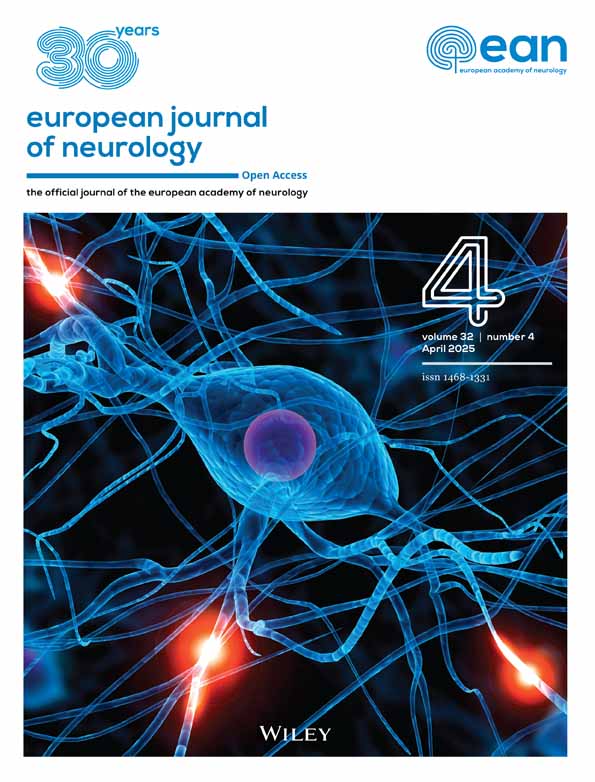In Response to “Homogeneous ALS Cohorts in Terms of Etiology, Onset Type and Vaccination Status Are Required to Assess the Outcome of Their COVID Infection”
We appreciate the interest of Dr. Finsterer in our study on the impact of SARS-CoV-2 infection on amyotrophic lateral sclerosis (ALS) patients [1] and thank him for his thoughtful comments. We welcome the opportunity to clarify certain aspects of our methodology and findings, which have been exposed in the article.
Regarding the retrospective nature of the study, we acknowledge its limitations, as stated in the manuscript [1]. However, we emphasize that all demographic and clinical data were prospectively collected in a structured database. Furthermore, to minimize bias, patients were excluded if their follow-up records were incomplete, ensuring that only cases with full access to medical records were included in our analysis.
Regarding the influence of vaccination on the comparison between prepandemic and pandemic cohorts, we agree that vaccination likely contributed to improved outcomes. Our multivariable analysis (table 3) [1] demonstrated that vaccination significantly reduced the risk of death in infected ALS patients. By adjusting for vaccination and other relevant risk factors, we ensured a meaningful comparison between vaccinated and unvaccinated patients within the infected cohort. In fact, our conclusion that “the pandemic showed no impact on the overall survival of ALS patients, likely due to a high vaccination rate” [1] already highlights the protective role of vaccination. However, the aim of our study was not to speculate on how the pandemic might have affected ALS survival in the absence of vaccination, but rather to assess its actual impact in a real-world setting.
With respect to the distinction between sporadic and familial ALS and the site of onset, we clarify that we accounted for genetic status in our analysis. Specifically, as shown in table 5 [1], we adjusted for C9orf72 carriership and site of disease onset when evaluating survival outcomes. Therefore, our statistical approach already mitigates potential confounding effects related to genetic background or site of onset.
In conclusion, although replication studies in other countries are needed, we firmly believe our findings provide a comprehensive analysis of the impact of the COVID-19 pandemic on ALS patients and underscore the vital role of vaccination and healthcare accessibility in reducing its effects.
Author Contributions
Pilar H. García-Casanova: writing – review and editing. Pablo Pérez-Martínez: writing – review and editing. Teresa Sevilla: writing – review and editing. Rosalía Doménech: writing – review and editing. Montserrat León: writing – review and editing. Juan F. Vázquez-Costa: writing – review and editing, writing – original draft, conceptualization.
Conflicts of Interest
The authors declare no conflicts of interest.
Open Research
Data Availability Statement
Data sharing not applicable to this article as no datasets were generated or analysed during the current study.




